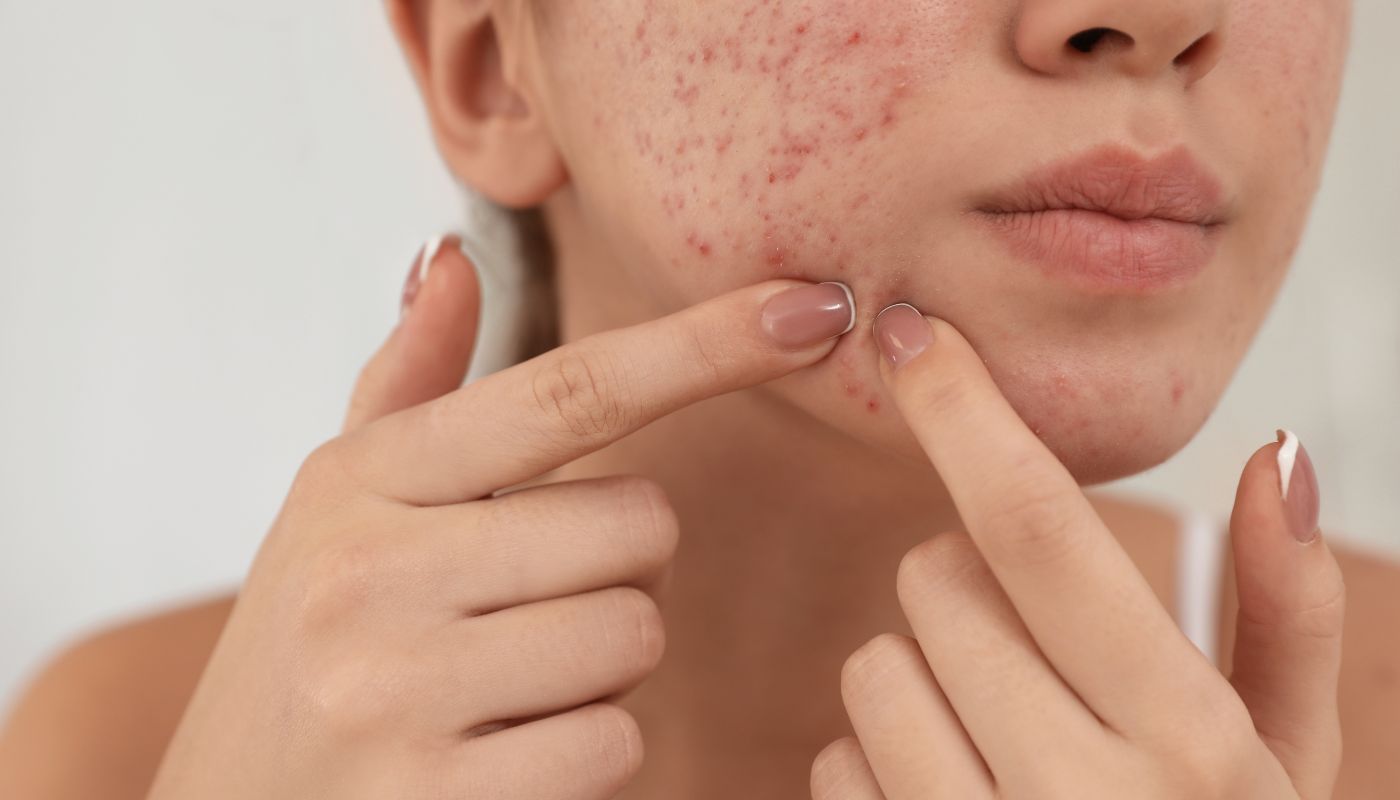


When it comes to our skin, we all desire a clear, smooth, and even complexion. However, many individuals struggle with common skin concerns such as acne, scarring, and hyperpigmentation. These issues can significantly impact self-esteem and overall well-being. In this blog, we will delve into each of these concerns and explore various treatment options available to address them effectively.


Acne is a prevalent skin condition characterized by the occurrence of pimples, blackheads, whiteheads, and cysts. It occurs when the hair follicles become clogged with oil, dead skin cells, and bacteria. Factors such as hormonal changes, genetics, and lifestyle choices can contribute to acne. Treatment options for acne include:
Scarring is the result of the skin's natural healing process after injury or inflammation, such as acne breakouts. Types of scars include atrophic (indented), hypertrophic (raised), and keloid scars. While scars cannot be completely removed, various treatment options can improve their appearance:
Hyperpigmentation refers to areas of the skin that appear darker than the surrounding skin due to excess melanin production. It can result from sun exposure, hormonal changes, inflammation, or skin injuries. Treatment options for hyperpigmentation include:
It's important to note that these treatment options may vary in their effectiveness depending on the severity of the condition and individual skin type. Consulting with a dermatologist or skincare professional is crucial to determine the most suitable treatment plan for your specific needs.
In addition to professional treatments, maintaining a consistent skincare routine and adopting healthy lifestyle habits can help improve the overall condition of your skin. This includes regular cleansing, exfoliating, moisturizing, and protecting your skin from harmful UV rays.
In conclusion, acne, scarring, and hyperpigmentation are common skin concerns that can affect individuals of all ages. Fortunately, there are various treatment options available to address these concerns and help individuals achieve healthier, clearer, and more radiant skin. If you're struggling with any of these issues, don't hesitate to seek professional guidance and explore the appropriate treatment options to restore your skin's natural beauty.